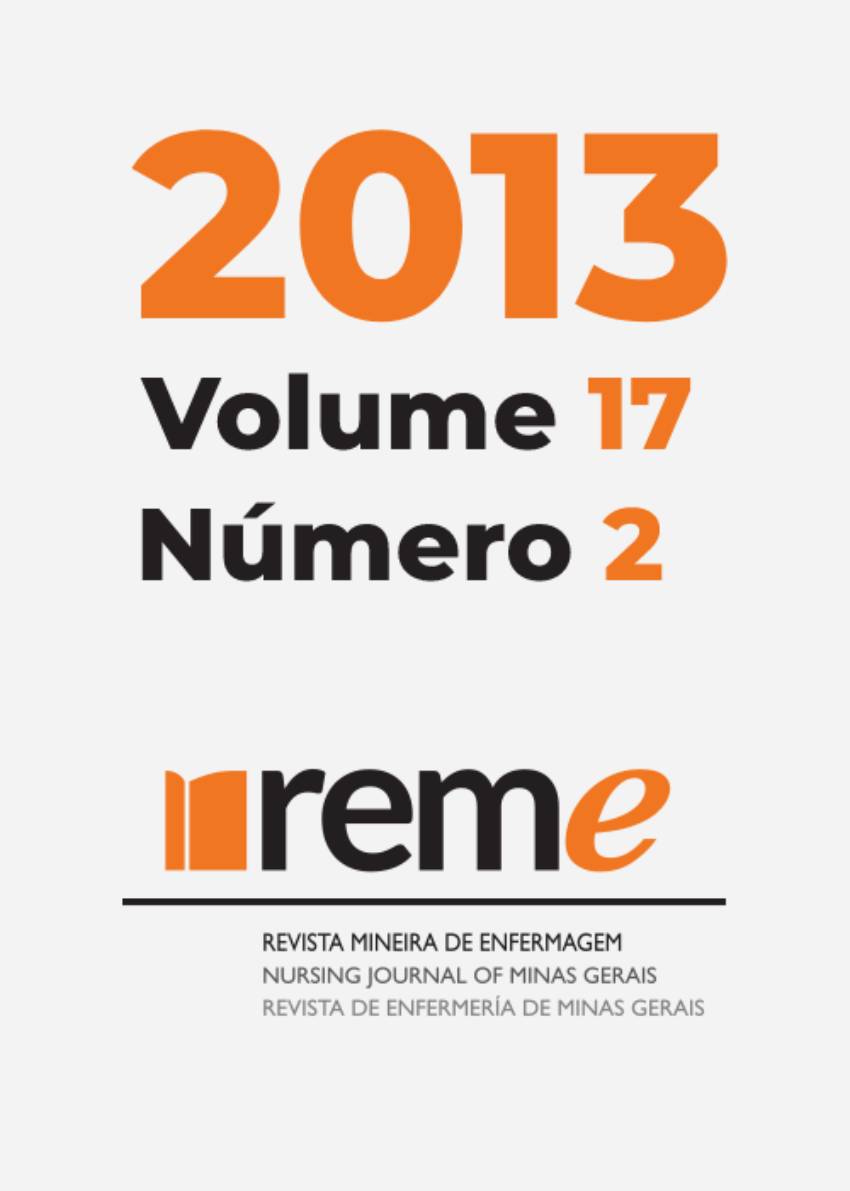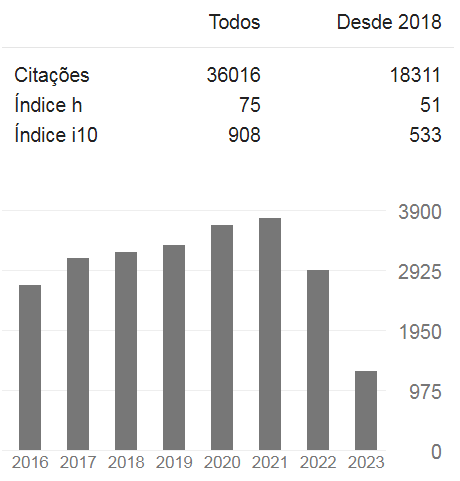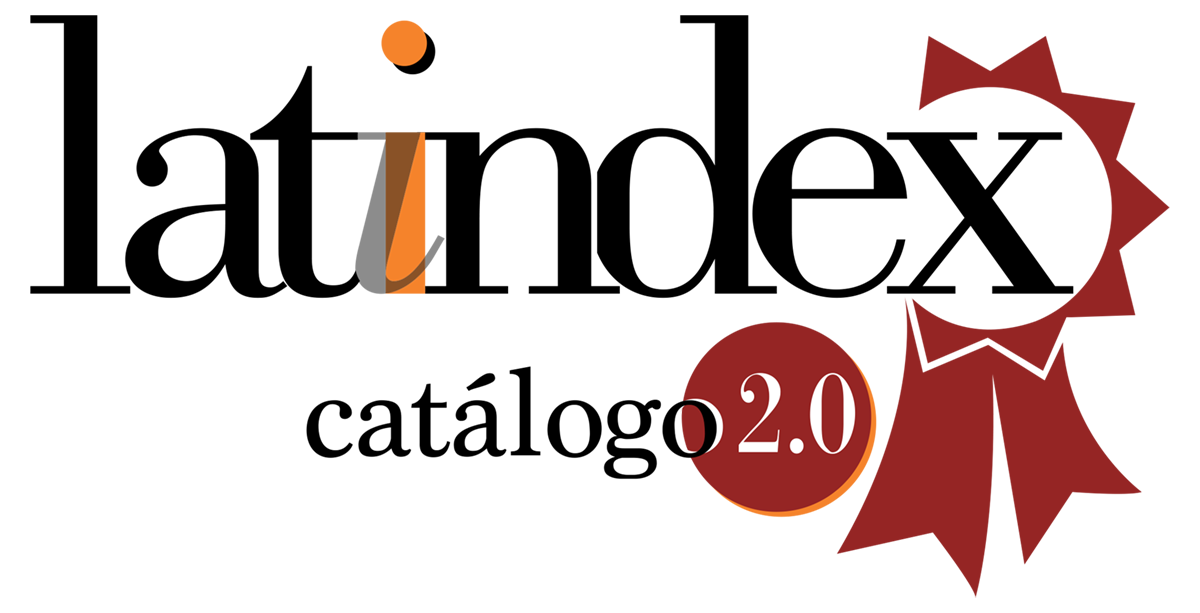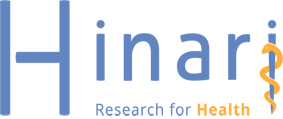The prevalence and factors associated with exclusive breastfeeding in babies younger than six months in the city of Rolândia - PR
DOI:
https://doi.org/10.35699/reme.v17i2.50243Keywords:
Breast Feeding, Nutrition Surveys, Cross-Sectional Studies, Lactancia Materna, Encuestas Nutricionales, Estudios TransversalesAbstract
To estimate the prevalence and factors associated with exclusive breastfeeding (EB) in babies younger than six months, in the municipality of Rolândia-PR. A cross-sectional, quantitative study was conducted during the national vaccination campaign in September, 2009. A questionnaire of the Breastfeeding and Municipality project (AMAMUNIC), developed by the São Paulo Health Institute, was administered to the mothers or caregivers. The population consisted of all children younger than one year of age, residents in the municipality who were vaccinated in the second stage of the campaign. The data were entered into an online application and the information was exported to an Excel spread sheet. For the association between the variables, the chi-square and Fisher's exact tests were used and the EB prevalence was determined, considering the confidence interval of 95%. The study was approved by the Ethics Committee in Research of Londrina State University, protocol number 111/09 of 07/18/2008 and the São Paulo Health Institute, protocol number 001/08, of 05/06/2008. Exclusive breastfeeding was verified in 36.8% of the children younger than six months. The factors associated with this practice were: the avoidance of using pacifiers (p=0.003); the avoidance of introducing a bottle (p<0.001); and, under four months of age, in addition to the previous factors, the mother's education level above the medium level (p=0.030). The prevalence of EB was shown to be superior when compared to results obtained in the city, with a better support structure and incentive for breastfeeding.Downloads
References
Boccolini, CS, Carvalho ML, Oliveira MIC, Boccolini PMM. Breastfeeding can
prevent hospitalization for pneumonia among children under 1 year old. J
Pediatr. 2011; 87(5):399-404.
Hauck FR, Thompson JMD, Tanabe KO, Moon RY, Vennemann MM.
Breastfeeding and reduced risk of sudden infant death syndrome. Pediatrics.
; 128 (1):1-9.
Toma TS, Rea MF. Benefícios da amamentação para a saúde da mulher e da
criança: um ensaio sobre as evidências. Cad Saúde Pública. 2008; 24(2): 235-46.
Antunes LS, Antunes LAA, Corvino MPF, Maia LC. Amamentação natural
como fonte de prevenção em saúde. Ciênc Saúde Coletiva. 2008; 13(1): 103-9.
Horta BL, Bahl R, Martines JC, Victora CG. Evidence on the long-term effects
of breastfeeding: systematic reviews and meta-analyses. Geneva: WHO; 2007.
World Health Organization. Guiding principles for complementary feeding
of the breastfeed child. Washington: WHO; 2003.
United Nations Children´s Fundation. Tracking progress on child and
maternal nutrition: a survival and development priority. New York (NY):
UNICEF: 2009; 124p.
Venancio SI, Monteiro CA. A tendência da prática da amamentação no Brasil
nas décadas de 70 e 80. Rev Bras Epidemiol. 1998; 1(1): 40-9.
Brasil. Ministério da Saúde. Secretaria de Atenção à Saúde. Departamento
de Ações Programáticas e Estratégicas. II Pesquisa de prevalência de
aleitamento materno nas capitais brasileiras e Distrito Federal. Brasília:
Ministério da Saúde; 2009.
Venancio SI, Saldiva SRD, Mondini L, Levy RB, Escuder MML. Early
interruption of exclusive breastfeeding and associated factors, State of São
Paulo, Brazil. J Human Lact. 2008; 24(2): 168-74.
Barros VO, Cardoso MAA, Carvalho DF, Gomes MMR, Ferraz NVA, Medeiros
CCM. Aleitamento materno e fatores associados ao desmame precoce em
crianças atendidas no programa de saúde da família. Nutrire Rev Soc Bras
Aliment Nutr. 2009; 34(2):101-14.
São Paulo. Secretaria de Saúde. Instituto de Saúde de São Paulo. Projeto
Amamentação e Municípíos. 2005 [Citado em 2012 out. 12]. Disponível em:
http://www.isaude.sp.gov.br/amamunic/amamunic.html
Souza SNDH, Michelle Thais Migoto MT, Rossetto EG, Mello DF. Prevalência
de aleitamento materno e fatores associados no município de Londrina-PR.
Acta Paul Enferm. 2012; 25(1):29-35.
Instituto Brasileiro de Geografia e Estatística. Cidades@ [Internet]. 2009
[Citado em 2009 abr. 2009]. Disponível em: http://www.ibge.gov.br/
cidadesat/topwindow.htm?1.
World Health Organization. Indicators for assessing infant and young child
feeding practices: conclusions of a consensus meeting held 6-8 November
Whashington, D.C.: WHO; 2008.
Santos LM, Paes-Sousa R, Silva Junior JB, Victora CG. National Imunization
Day: a strategy to monitor health and nutrition indicators. Bull World Health
Organ. 2008; 86(6): 474-9.
Vannuchi MTO, Thomson Z, Escuder MML, et al. Perfil do aleitamento
materno em menores de um ano no Município de Londrina, Paraná. Rev
Bras Saude Mater Infantil. 2005 jun; 5(2): 155-62.
França GVS, Brunken GS, Silva SM, Escuder MM, Venancio SI. Determinantes
da amamentação no primeiro ano de vida em Cuiabá, Mato Grosso. Rev
Saúde Pública. 2007; 42(5): 607-14.
Lamounier JA, Bouzada MC, Janneu MAS, et al. Iniciativa Hospital Amigo da
Criança, mais de uma década no Brasil: repensando o futuro. Rev Paul Pediatr.
; 26(2): 161-9.
Braun MLG, Giugliani ERJ, Soares MEM, et al. Evaluation of the impact of
the Baby-Friendly Hospital Initiative on rates of breastfeeding. Am J Public
Health. 2003; 93(8):1277-79.
Coutinho SB, Lira PIC, Lima MC, Ashworth A. Comparison of the effect of
two systems for the promotion of exclusive breastfeeding. Lancet. 2005;
(9491):1094-100.
Brasil. Ministério da Saúde. Rede Amamenta Brasil: caderno do tutor. Brasília:
Ministério da Saúde; 2009: 118p
Boccolini CS, Carvalho ML, Oliveira MIC, Leal MC, Carvalho MS. Fatores que
interferem no tempo entre o nascimento e a primeira mamada. Cad Saúde
Pública. 2008; 24(11):2681-94.
Edmond KM, Zandoh C, Quigley MA, Amenga-Etebo S, Owusu-Agyei S,
Kirkwood BR. Delayed breastfeeding initiation increases risk of neonatal
mortality. Pediatrics. 2006; 117(3):380-6.
Brasil. Ministério da Saúde. Iniciativa Hospital Amigo da Criança. Brasília:
Ministério da Saúde; 2011 [Citado em 2011 nov. 11]. Disponível em: http://
bvsms.saude.gov.br/bvs/publicacoes/iniciativa_hospital_amigo_crianca.pdf
Published
How to Cite
Issue
Section
License
Copyright (c) 2013 Reme: Revista Mineira de Enfermagem

This work is licensed under a Creative Commons Attribution 4.0 International License.






































